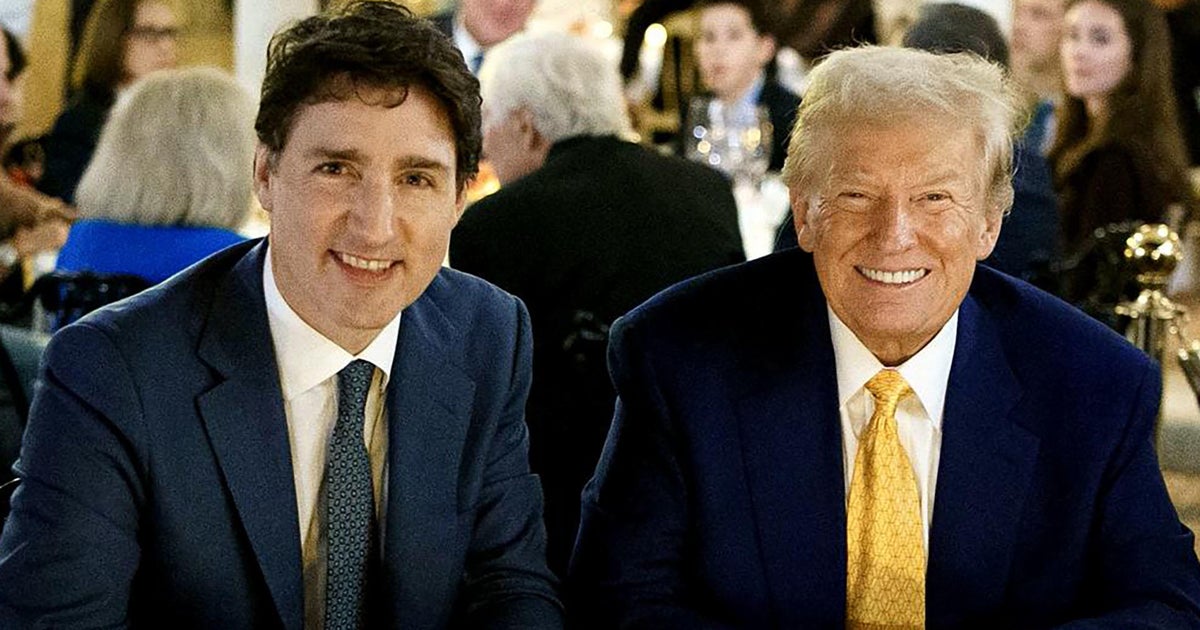Political chasms, wars, oppression . . . it’s easy to feel hopeless and helpless watching these dark forces play out. Could any of us ever really make a meaningful difference in the face of so much devastation?
Given the scale of the world’s problems, it might feel like the small acts of human connection and solidarity that you do have control over are like putting Band-Aids on bullet wounds. It can feel naive to imagine that small acts could make any global difference.
As a psychologist, human connection researcher and audience member, I was inspired to hear musician Hozier offer a counterpoint at a performance this year. “The little acts of love and solidarity that we offer each other can have powerful impact . . .” he told the crowd. “I believe the core of people on the whole is good—I genuinely do. I’ll die on that hill.”
I’m happy to report that the science agrees with him.
Research shows that individual acts of kindness and connection can have a real impact on global change when these acts are collective. This is true at multiple levels: between individuals, between people and institutions, and between cultures.
This relational micro-activism is a powerful force for change—and serves as an antidote to hopelessness because unlike global-scale issues, these small acts are within individuals’ control.
Abstract becomes real through relationships
Theoretically, the idea that small, interpersonal acts have large-scale impact is explained by what psychologists call cognitive dissonance: the discomfort you feel when your actions and beliefs don’t line up.







